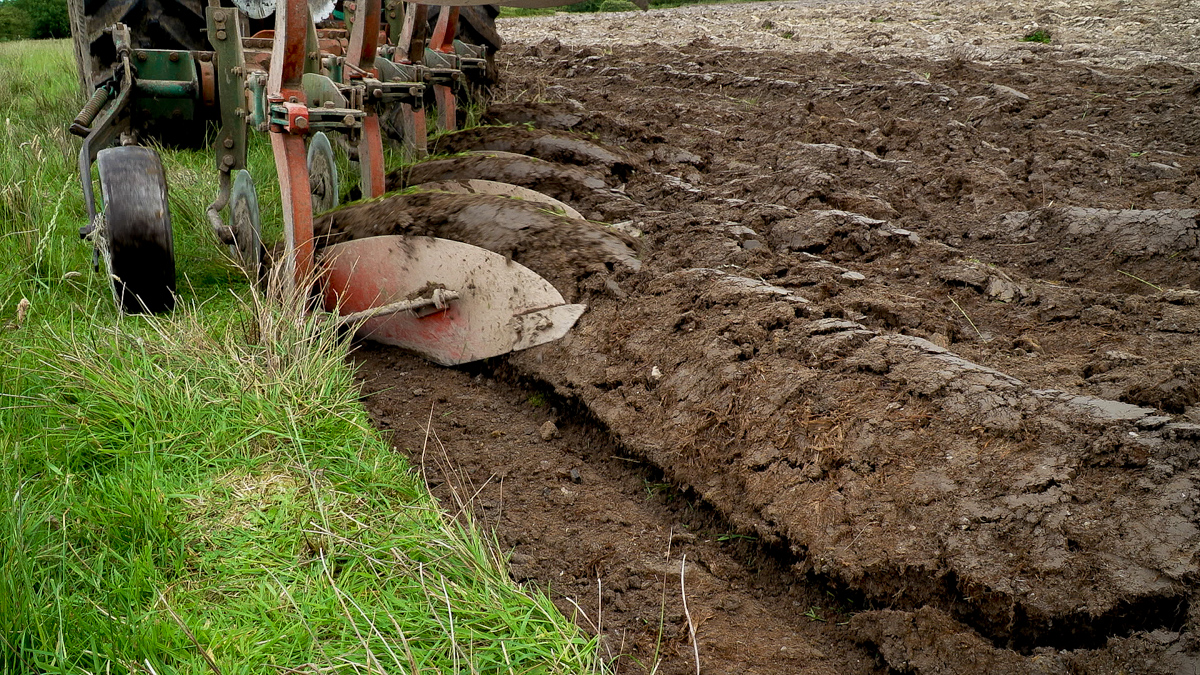Derogation farmers in Ireland are being reminded that they cannot plough grassland after next Tuesday (May 31).
The ploughing probation period is one of the conditions that was attached by the European Commission to the extension of Ireland’s nitrates derogation as agreed in March 2022.
As a result, it is included in the Department of Agriculture, Food and the Marine’s (DAFM’s) terms and conditions for farmers applying for a 2022 Nitrates Derogation.
The Commission Implementing Decision extending Ireland’s nitrates derogation states: “Farmers who wish to plough grassland shall do so between March 1, and May 31.”
This means that the ploughing of grassland cannot take place outside of these dates on derogation farms.
Derogation lands are by definition, lands that are intensively farmed and receive high-nutrient inputs.
A very similar, albeit narrower requirement was attached to Ireland’s previous nitrates derogation, which stated ‘temporary grassland shall be ploughed in spring”.
Recent negative trends in water quality saw a number of conditions strengthened in the current action plan, such as this requirement, with the objective of reducing the risk of nutrient losses to waters.
According to the DAFM: “Ploughing can lead to an increase in nitrogen mineralisation in the soil and there is a risk that this nitrate may leach to groundwater.”
The nitrates derogation is granted by the European Commission on the condition that there are no negative impacts to the environment.
This needs to be ensured to maintain Ireland’s nitrates derogation at current levels.
IFA
The Irish Farmers’ Association’s (IFA’s) Environment and Rural Affairs Committee chair Paul O’Brien has said that the new condition is “an ill thought-out move that has been poorly communicated and needs to be reviewed”.
“This is a major change from the 2021 Nitrates Derogation where the condition only related to temporary grassland,” O’Brien said.
He said that the change is causing significant concern to farmers, particularly in parts of the country where, due to soil type and weather conditions, it may not be possible to plough and reseed grassland within this timeframe.
The IFA Environment chair added that reseeding is an essential management tool not only to increase grass production, but also to encourage the uptake of clover and other multi-species swards.
“This is essential to reduce our long-term reliance on inorganic fertilisers,” the IFA chair said.
“Reseeding by way of ploughing is also often necessary to better incorporate farmyard manure or ensure better new sward establishment.
“Options such as extending the date to later in the season have to be looked at.
“Otherwise, we will end up discouraging farmers from adopting clover and multi-species grassland, which would be a hugely retrograde step,” O’Brien concluded.
